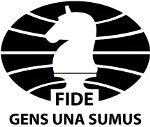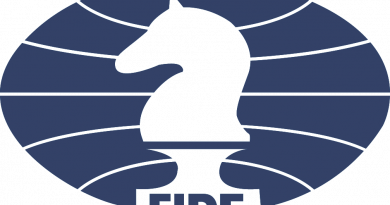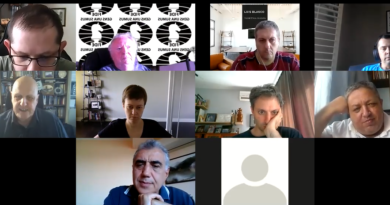Chess and autism
How can chess help children with autism?
The question above was answered by a group of five lecturers during the first FIDE Introductory Seminar “Chess for children with an autism spectrum disorder. How chess can help children with autism”, which was held on 29 March.
130 representatives of chess federations and FIDE academies took part in the two-hour event, organized as part of the Autism Awareness Week. The audience included legendary figures like Judit Polgar, Artur Yusupov, and the former Women’s World Champion Antoaneta Stefanova.
Five speakers from different parts of the world shared their experiences in teaching chess to children with ASD: Ala Mishchanka, Special needs educational assistant from Canada with more than 15 years of experience, made an introduction to the concept of “Autism Spectrum Disorder”.
The next lecturer was Dr. Lilit Karapetyan, Senior researcher at the Chess Research Institute of the Abovyan Armenian State Pedagogical University (ASPU), and Lecturer at the Department of Special Pedagogy and Psychology. Lilit shared the Armenian experience in chess lessons with students with an autistic spectrum disorder.
Her presentation was followed by her colleague Anna Charchyan, also a researcher in chess at ASPU, with a PhD in Pedagogy, and Lecturer in Speech Therapy and Occupational Therapy at the Faculty of Special and Inclusive Education.
WIM Natalia Popova, Trainer at the FIDE Chess Academy in Belarus who has led a project in Minsk for the last two years, was the next one to share her experience. She stressed the positive impact that chess lessons had on the children, and how this progress was also acknowledged by the parents.
Dr. Sandra Maria Guisso, PhD in psychology and MSc in Biology and Education, is a very reputed authority who studies the game of chess in various situations of daily life and with people affected by Down syndrome, autism, and people deprived of freedom. In her dissertation “the game of chess and the autistic child” she presented a case study from Brazil.
According to the latest data, 1 in 54 children has ASD in the USA, and the prevalence has increased 178% since 2000. FIDE believes that using chess as a development tool is an important priority, and will continue supporting educational efforts in this direction.
The complete recording of the seminar will be published and made available to everyone on the FIDE YouTube channel on April 2, World Autism Awareness Day.
We would like to thank FIDE Vice President Anastasia Sorokina, and Nadezhda Kravchuk, a member of the FIDE Social Commission, for their initiative in organizing this successful event.
Our Commission member Luis Blasco also has a long history of working with ADHD children in Spain. See, for example (in Spanish), his 2013 presentation in Colombia https://www.youtube.com/watch?v=1YT9HFA_fuU and the website http://www.ajedrezytdah.com/.



